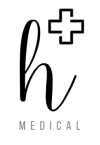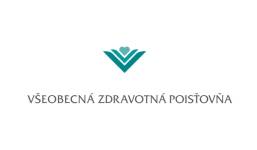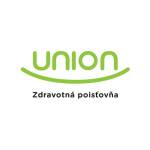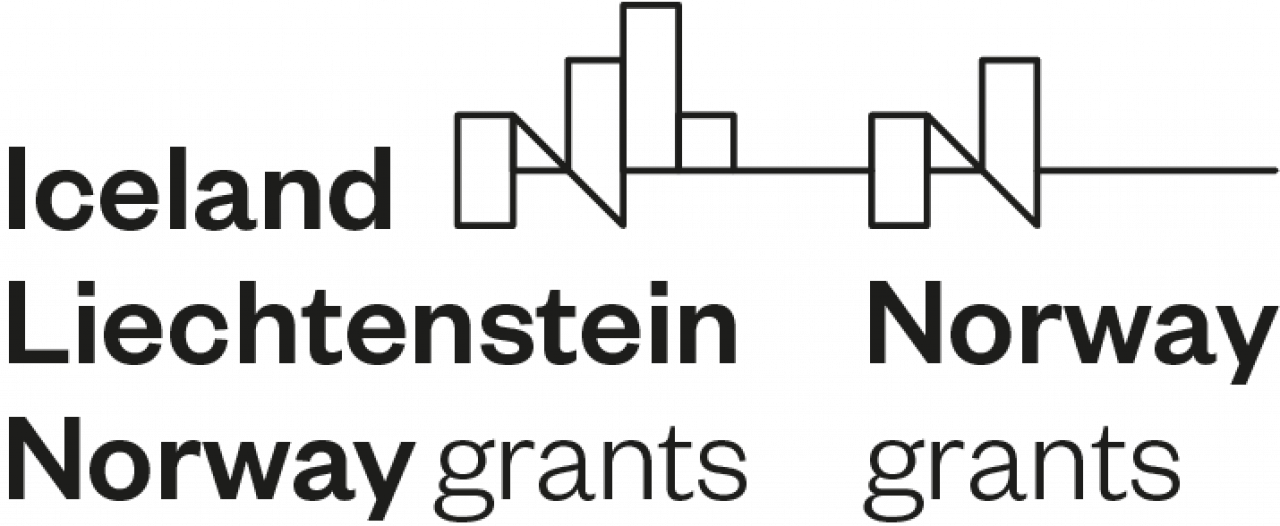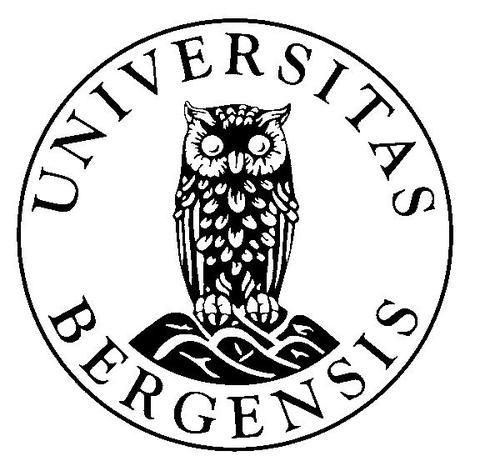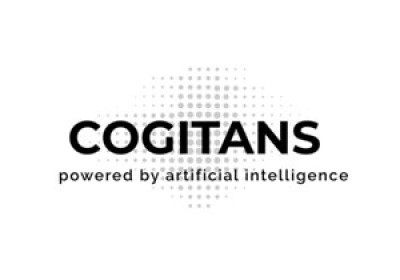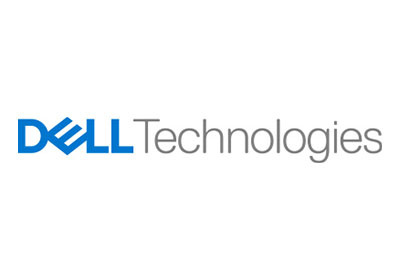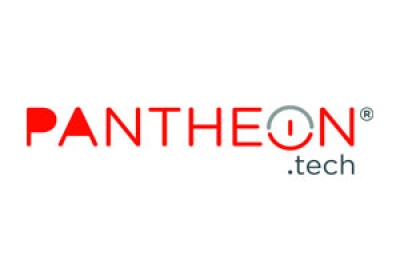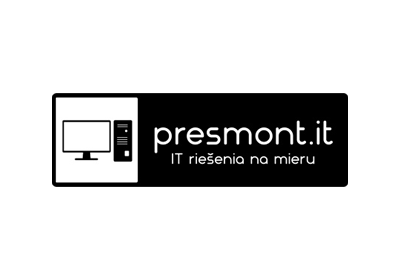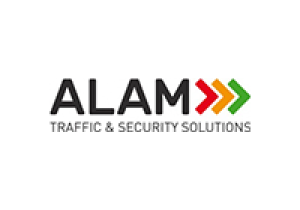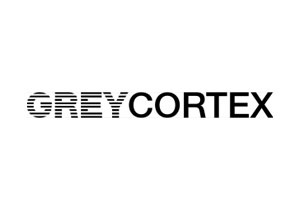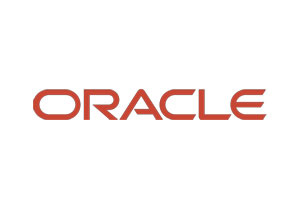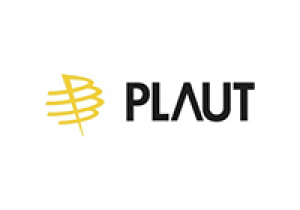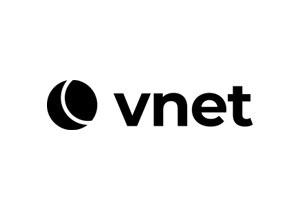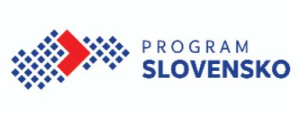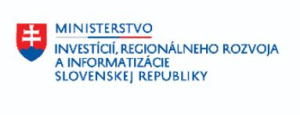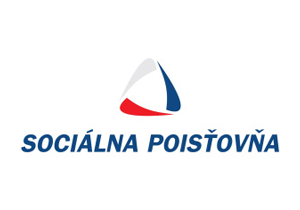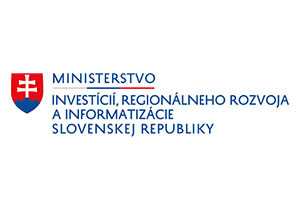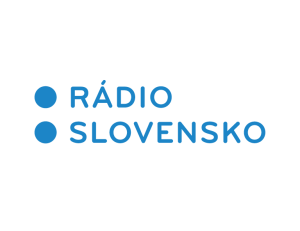Program - Autumn ITAPA 2024
08:00
ITAPA Health&Care
ITAPA Health&Care
08:00
Registration, morning coffee
09:00
deň 1 - úsek 0
09:00 - 9:25 New Priorities of the Slovak Ministry of Health (hall LONDON I+II) INTERPRETED
09:00
Šimon Jeseňák,
Moderator
09:00
Samuel Arbe, ITAPA
Welcoming guests by the organizers of ITAPA
09:05
Kamil Šaško, Minister of Health of the Slovak Republic
1on1 interview
09:00
úsek 1
9:25 - 10:00 Norway - the Land of Opportunities (hall LONDON I+II) INTERPRETED
09:25
Šimon Jeseňák,
Moderator
09:25
Mihaela Roxana Cimpan, Dept. of Clinical Dentistry, Faculty of Medicine, University of Bergen
Mária Dušinská, NILU Climate and Environmental Research Institute
1on2 interview
Mária Dušinská, NILU Climate and Environmental Research Institute
10:00
Break
09:45
úsek 2
10:05 - 10:25 The Role of Pharmacists in Pharmacies (hall LONDON I+II) INTERPRETED
10:05
Benita Fekete,
Moderator
10:05
Marián Jánoš, Dr. MAX
1on1 interview
10:05 - 10:40 Transformation as a Chance for Slovak Hospitals (hall BERLIN) INTERPRETED
10:05
Šimon Jeseňák,
Moderator
10:05
Mongi Msolly, The National Institute for Cardiovascular Diseases and the Association of State Hospitals
Dajana Petríková, Association of Health Insurance Companies of the Slovak Republic
Michal Štofko, Ministry of Health of the Slovak Republic
DISCUSSION "Transformation as a Chance for Slovak Hospitals"
Dajana Petríková, Association of Health Insurance Companies of the Slovak Republic
Michal Štofko, Ministry of Health of the Slovak Republic
10:20
úsek 3
10:25 - 11:00 Slovakia in the EHDS - How are we prepared? (hall LONDON I+II) INTERPRETED
10:25
Martin Smatana,
Moderator
10:25
Eva Sabajová, HL7 Slovakia, Digital Health Slovakia
Tomáš Švec, Ministry of Health of the Slovak Republic
Katarína Vladár Lešková, National Health Information Centre
DISCUSSION "Slovakia in the EHDS – How Prepared Are We?"
Tomáš Švec, Ministry of Health of the Slovak Republic
Katarína Vladár Lešková, National Health Information Centre
10:40 - 11:20 Health and Innovations in Europe (hall BERLIN) INTERPRETED
10:40
Šimon Jeseňák,
Moderator
10:40
Olivia Blanchard, Alizé Advisory
Data-driven healthcare: Balancing Innovation with Ethical Responsibility
10:50
Alexandra Misci Hudecová, NILU Climate and Environmental Research Institute
Good Laboratory Practice (GLP) as a Part of Innovation Processes
11:05
Adam Gřunděl, Ministry of Health of the Czech Republic
1on1 interview
11:00
NETWORKING BREAK
11:00
úsek 4
11:25 - 11:35 Care for the Seniors (hall LONDON I+II) INTERPRETED
11:25
Eva Sládková,
Moderator
11:25
Rudolf Klein, Aliter Technologies
Permanent care for the seniors through the Internet of Things (IoT)
11:20 - 11:40 NETWORKING BREAK for Norway day ITAPA
11:10
úsek 5
11:35 - 12:20 How to Improve the Care of the Neurological Patient? (hall LONDON I+II) INTERPRETED
11:35
Eva Sládková,
Moderator
11:35
Antonio Della Croce, AbbVie Czechia & Slovakia
Ján Kyselovič, Faculty of Medicine of the Comenius University in Bratislava
Peter Valkovič, Faculty of Medicine of the Comenius University in Bratislava and University Hospital in Bratislava
DISCUSSION "How to improve neurological patient care?"
Ján Kyselovič, Faculty of Medicine of the Comenius University in Bratislava
Peter Valkovič, Faculty of Medicine of the Comenius University in Bratislava and University Hospital in Bratislava
11:40 - 12:10 Innovations in Healthcare (hall BERLIN) INTERPRETED
11:40
Samuel Arbe,
Moderator
11:40
Attilla Pósa, Hospitality Medical
The path to a satisfied patient with an integrated system for hospitals of the highest standard
11:47
Zsolt Bubori, InnoStar Ecosystem Lead for Hungary, EIT Health
Innovative Healthcare in Europe - Opportunities and Challenges
11:55
úsek 6
12:20 - 13:15 Health Insurance Companies Under the Microscope: The Key to Sustainable Financing (hall LONDON I+II) INTERPRETED
12:20
Benita Fekete,
Moderator
12:20
Šimon Jeseňák, ozdravme.sk
Marian Faktor, Dôvera
Matúš Jurových, General Health Insurance Company
Jozef Koma, Union Health Insurance Company
Michal Palkovič, Úrad pre dohľad nad zdravotnou starostlivosťou
Michal Štofko, Ministry of Health of the Slovak Republic
DISUSSION “Health Insurance Companies Under the Microscope: The Key to Sustainable Financing“
Marian Faktor, Dôvera
Matúš Jurových, General Health Insurance Company
Jozef Koma, Union Health Insurance Company
Michal Palkovič, Úrad pre dohľad nad zdravotnou starostlivosťou
Michal Štofko, Ministry of Health of the Slovak Republic
12:10 - 13:00 Monitoring of the Environment and Its Impact on Health (hall BERLIN) INTERPRETED
12:10
Martina Antošová,
Moderator
12:10
Dominik Kadlubiak, APPARA
IGNITE SESSION: Effective protection against polluted air and biomonitoring during sports activity
12:15
Sivakumar Murugadoss, NILU Climate and Environmental Research Institute
Applying Adverse Outcome Pathways to evaluate the Health Impact of Environmental Chemicals
12:25
Erika Halašová, The Jessenius Faculty of Medicine
Sivakumar Murugadoss, NILU Climate and Environmental Research Institute
Mária Dušinská, NILU Climate and Environmental Research Institute
DISCUSSION "Monitoring the environment and its impact on health"
Sivakumar Murugadoss, NILU Climate and Environmental Research Institute
Mária Dušinská, NILU Climate and Environmental Research Institute
13:15
LUNCH
13:50
úsek 7
14:10 - 14:45 The Future of Medical Assessment (hall LONDON I+II) INTERPRETED
14:10
Eva Sládková,
Moderator
14:10
Róbert Babeľa, Slovak Medical University
Roman Chotár, Social Insurance Company of Slovak Republic
Ildikó Polačeková, The Ministry of Labour, Social Affairs and Family of the Slovak Republic
DISCUSSION "The Future of Medical Assessment"
Roman Chotár, Social Insurance Company of Slovak Republic
Ildikó Polačeková, The Ministry of Labour, Social Affairs and Family of the Slovak Republic
14:00 - 14:50 Bio and Nanomaterials in Healthcare (hall BERLIN) INTERPRETED
14:00
Šimon Jeseňák,
Moderator
14:00
Ivan Rios Mondragon, University of Bergen
Nanodiamond particles and ultra-thin films for biomedical application
14:07
Markus Sakari Miettinen, University of Bergen
High-fidelity Biomolecular Modelling
14:17
Mihaela Roxana Cimpan, University of Bergen
Ivan Rios Mondragon, University of Bergen
Oliver Štrbák, Jessenius Faculty of Medicine in Martin, Centre for Biomedicine
DISCUSSION "Bio and Nanomaterials in Healthcare"
Ivan Rios Mondragon, University of Bergen
Oliver Štrbák, Jessenius Faculty of Medicine in Martin, Centre for Biomedicine
14:30
úsek 8
14:45 - 15:35 Whole genome sequencing: New trends and clinical added value (hall LONDON I+II) INTERPRETED
14:45
Eva Sládková,
Moderator
14:45
14:52
Tomáš Szemes, Comenius University Science Park
Katarína Skalická, National Institute of Children’s Diseases
Božena Bollová, GeneTiCA Group
Stanislav Šutovský, 1st Neurology Clinic, University Hospital Bratislava and Faculty of Medicine of Comenius University
DISCUSSION “Whole genome sequencing: New trends and clinical added value“
Katarína Skalická, National Institute of Children’s Diseases
Božena Bollová, GeneTiCA Group
Stanislav Šutovský, 1st Neurology Clinic, University Hospital Bratislava and Faculty of Medicine of Comenius University
14:50 - 15:40 Patient Safety, Staff Safety (hall BERLIN) INTERPRETED
14:50
Benita Fekete,
Moderator
14:50
Roman Varga, Dôvera Health Insurance Company
Case study - a survey of cyber security in ambulances
14:57
Martina Antošová, HealthHub
Mirka Čikkelová, European Patient Safety Foundation
Zuzana Katreniaková, University of Pavel Jozef Šafárik University in Košice
Denisa Osinová, Clinic of Anesthesiology and Intensive Medicine, University Hospital Martin
DISCUSSION “Patient Safety, Staff Safety“
Mirka Čikkelová, European Patient Safety Foundation
Zuzana Katreniaková, University of Pavel Jozef Šafárik University in Košice
Denisa Osinová, Clinic of Anesthesiology and Intensive Medicine, University Hospital Martin
15:35
NETWORKING BREAK/ 15:40 - 16:00 for Norway Day ITAPA
15:40
úsek 9
15:55 - 17:05 Digital Healthcare: Where have we moved in e-services? (hall LONDON I+II)
15:55
Benita Fekete,
Moderator
15:55
Jaroslav Kypr, Dr. MAX
Omnichannel and E-Services at Dr. Max: Combining Expertise and Convenience for Customers
16:02
Miroslav Dokupil, National Health Information Centre
Katarína Dostálová, Doctor
Jaroslav Kypr, Dr. MAX
Dajana Petríková, Association of Health Insurance Companies of Slovak Republic
Veronika Lane Rybanská, Ministry of Health of the Slovak Republic
Marián Šóth, Association of Private Doctors of the Slovak Republic
DISUSSION “Digital Healthcare: Where have we moved in e-services?“
Katarína Dostálová, Doctor
Jaroslav Kypr, Dr. MAX
Dajana Petríková, Association of Health Insurance Companies of Slovak Republic
Veronika Lane Rybanská, Ministry of Health of the Slovak Republic
Marián Šóth, Association of Private Doctors of the Slovak Republic
16:30
úsek 10
17:05 - 17:50 30 Years of Efforts to Reform Healthcare (hall LONDON I+II)
17:05
Šimon Jeseňák,
Moderator
17:05
Vladimír Baláž, Chairman of the Committee of the National Council of the Slovak Republic for Health Care
Andrea Kalavská, doctor and former Minister of Health of the Slovak Republic
Tomáš Szalay, Chief Physician of the Bratislava Self-Governing Region
DISCUSSION "30 Years of Efforts to Reform Healthcare“
Andrea Kalavská, doctor and former Minister of Health of the Slovak Republic
Tomáš Szalay, Chief Physician of the Bratislava Self-Governing Region
17:15
úsek 11
17:50 - 18:35 ITAPA OPEN TALK: Emergency Medicine in Combat Conditions (hall LONDON I+II)
17:50
Šimon Jeseňák,
Moderator
17:50
Dušan Bráz, military doctor, paramedic and general practitioner
Eva Kušíková, F. D. Roosevelt University Hospital with Polyclinic in Banská Bystrica
Discussion
Eva Kušíková, F. D. Roosevelt University Hospital with Polyclinic in Banská Bystrica
18:35
Cup of wine / Conclusion of the 1st day of the conference
17:00
Partner of the day
Partner of the day ITAPA Health&Care
ITAPA Health&Care co-organizes HealthHub
ITAPA Norway Day - From Research to Change


